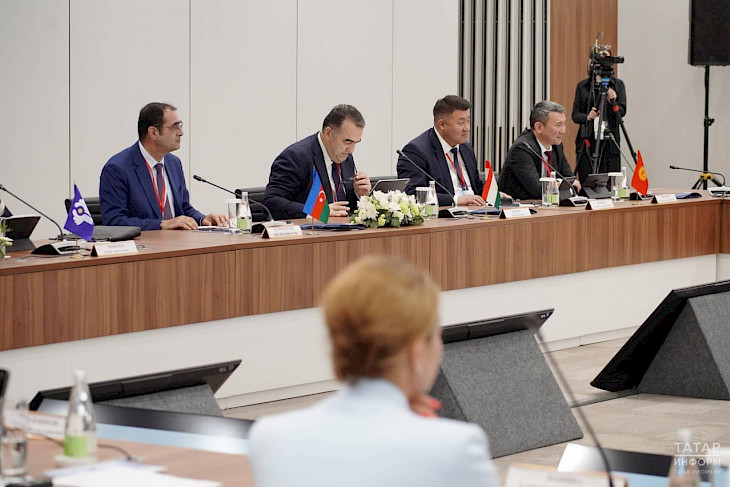Tajikistan's hydropower potential exceeds 500 billion kWh per year, but only 4% of it is currently utilized, said Tajikistan's Minister of Energy and Water Resources, Daler Juma, Asiaplus.tj reports.
He emphasized that Tajikistan is focused on fully harnessing this potential, including completing the construction of the Rogun Hydropower Plant, which has a capacity of 3,780 MW.
Daler Juma made this statement at the 66th Meeting of the CIS Electric Power Council, held on April 2 in Kazan as part of the "EnergoProm" International Forum.
The meeting brought together representatives of the energy ministries of CIS countries to discuss key issues and projects in the power sector.
One of the main topics was the presentation of the "Strategy for the Development of Russia's Electric Power Industry until 2050," prepared by Russia’s Minister of Energy, Sergey Tsivilev. Additionally, discussions covered the CIS Fuel and Energy Complex Development Strategy until 2035.
Particular attention was given to initiatives and projects aimed at expanding cooperation in the energy sector, including the development of interstate energy networks.
In his speech, Daler Juma stressed the importance of Tajikistan's participation in these projects, particularly the completion of the "Datka – Sughd" power transmission line between Tajikistan and Kyrgyzstan. The 500 kV line, which was commissioned on March 31, 2025, is expected to strengthen energy connectivity between the two countries.
Juma also noted that continuing the construction of the Rogun Hydropower Plant and other hydropower projects will contribute to the development of regional energy infrastructure and enhance CIS energy security.
The meeting also addressed preparations for the next session, which will take place in Dushanbe, where participants will further discuss the CIS Fuel and Energy Complex Development Strategy until 2035.
Sergey Tsivilev, President of the Council, emphasized the importance of coordinated efforts among CIS countries and reaffirmed the commitment to continued cooperation on joint energy projects.
"Our next meeting will be in Dushanbe, where we will discuss the preparation of the CIS Fuel and Energy Complex Development Strategy until 2035," he added.
Experts believe that the Kazan meeting marked an important step toward strengthening energy cooperation across the post-Soviet space, opening new opportunities for joint efforts in the energy sector and the sustainable development of CIS countries.
CentralasianLIGHT.org
April 3, 2025

